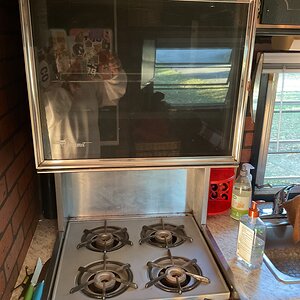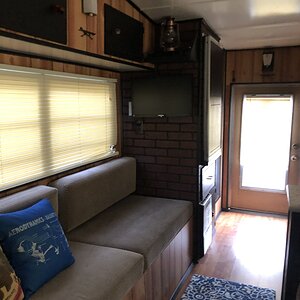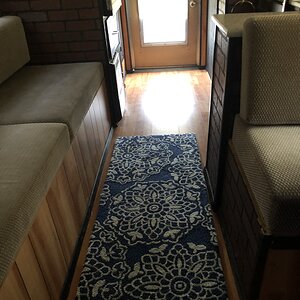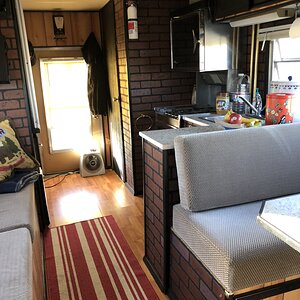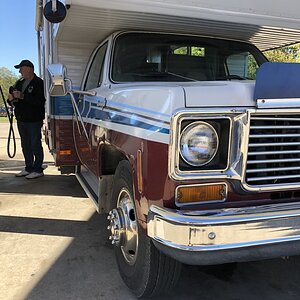AbdRahim
RVF Supporter
- Joined
- Dec 25, 2019
- Messages
- 3,572
- RV Year
- 2020
- RV Make
- Newmar
- RV Model
- BayStar 3626
- RV Length
- 37’
- Chassis
- Ford
- Engine
- V10
- TOW/TOAD
- None
Hi folks. My awning is real finicky. I hit the switch and it may moveba little and stop.I often have to remove and re-insert the fuse to get it to go. I noticed what looks like oxidation on the blades. Not sure the bathroom is the bes place fir electrical boxes. I had to replace the fuse this morning to get the awning to work, even though the old fuse tested good.
I have nit tried cleaning the blade with anything.
Anyhow, I am not sure what is best to use on the fuse blades to prevent this.
I have nit tried cleaning the blade with anything.
Anyhow, I am not sure what is best to use on the fuse blades to prevent this.


